The Arc Brings Disability Perspective to Police-Led Hate Crimes Advisory Committee

Leigh Ann Davis, Chief Will Johnson with Arlington Police Department (TX), Peter Berns, Ariel Simms
Since 2013, The Arc’s National Center on Criminal Justice and Disability® (NCCJD®) has served as a bridge between the disability and law enforcement communities, and is the first-of-its-kind national clearinghouse for information and training on the topic of people with I/DD as victims, witnesses, suspects and incarcerated persons. The Arc’s work to elevate these issues led to the opportunity to attend and present at the 2017 International Association of Chiefs of Police (IACP) national convention in Philadelphia, Pennsylvania. While at the conference, staff, including CEO of The Arc Peter Berns, participated in the initial “Enhancing the Response to Hate Crimes” Advisory Committee meeting co-hosted by IACP and the Lawyers’ Committee for Civil Rights Under Law (Lawyers’ Committee). In attendance were law enforcement and civil rights leaders, such as The Anti-Defamation League; the Baltimore Police Department; The Leadership Conference on Civil and Human Rights, and many others from across the country who met to develop an achievable action agenda to improve the criminal justice system’s response to hate crimes. According to the FBI, 1.2% of hate crime victims were targeted because of disability in 2015. Many disability advocates find this statistic misleadingly low, as individuals with I/DD frequently cite barriers to reporting crimes committed against them. In 2015, NCCJD explored these barriers and potential solutions in its white paper, Violence, Abuse and Bullying Affecting People with Intellectual/Developmental Disabilities: A Call to Action for the Criminal Justice Community.
“We are proud to lead a committee of such outstanding leaders who are coming together to invest their time and effort into breaking down barriers and strengthening the relationship between law enforcement and the communities that are too often the targets of hate crimes,” said Lawyers’ Committee President and Executive Director Kristen Clarke.
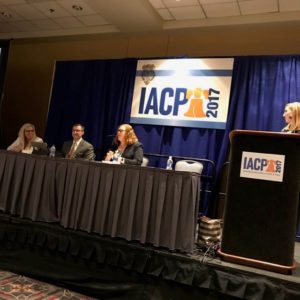
The Arc’s NCCJD staff presented with Chief Will Johnson and Melissa Bradley with DOJ’s COPS Office on applying procedural justice to situations involving people with disabilities
At this first in a series of four meetings, members began to develop key principles for improving the response to hate crimes. The committee also discussed the many legal, economic, emotional, social, and safety issues that arise in the wake of hate incidents and hate crimes, as well as proposed recommendations on appropriate responses.
Subsequent meetings will continue to solicit input from additional law enforcement and civil rights leaders as well as community members targeted for hate crimes. The committee will use this input to craft an action agenda for community and law enforcement leaders, which will ultimately improve the safety of communities targeted by hate. The Arc is thrilled to participate in this important work, as the organization continually strives to raise awareness among law enforcement and other agencies about the high rate of victimization in the disability community (for more information about training for criminal justice professionals see www.nccjdpathwaystojustice.org). Furthermore, The Arc’s National Center on Criminal Justice & Disability works to ensure that any reporting efforts related to hate crimes (and other crimes) include effective outreach methods for people with I/DD who remain traditionally underserved and overlooked in today’s criminal justice system.


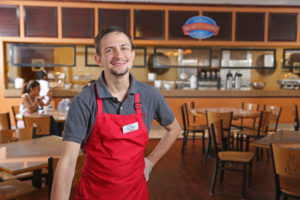 At the end of 2016, The Arc@Work launched a nationwide partnership with Baymont Inn & Suites. Through this initiative, The Arc@Work is helping individual hotels fill the brand-new Hometown Host position. The Hometown Host ensures guests feel at home and that there is plenty of delicious food throughout the daily breakfast service. The role is a symbol of the brand’s emphasis on neighborly service and dedication to community. The collaboration is a win-win for both organizations: helping individuals with intellectual and developmental disabilities (I/DD) secure a regular job in the community while assisting Baymont hotel owners in finding reliable, passionate employees who can connect with their guests and provide them with a great experience.
At the end of 2016, The Arc@Work launched a nationwide partnership with Baymont Inn & Suites. Through this initiative, The Arc@Work is helping individual hotels fill the brand-new Hometown Host position. The Hometown Host ensures guests feel at home and that there is plenty of delicious food throughout the daily breakfast service. The role is a symbol of the brand’s emphasis on neighborly service and dedication to community. The collaboration is a win-win for both organizations: helping individuals with intellectual and developmental disabilities (I/DD) secure a regular job in the community while assisting Baymont hotel owners in finding reliable, passionate employees who can connect with their guests and provide them with a great experience.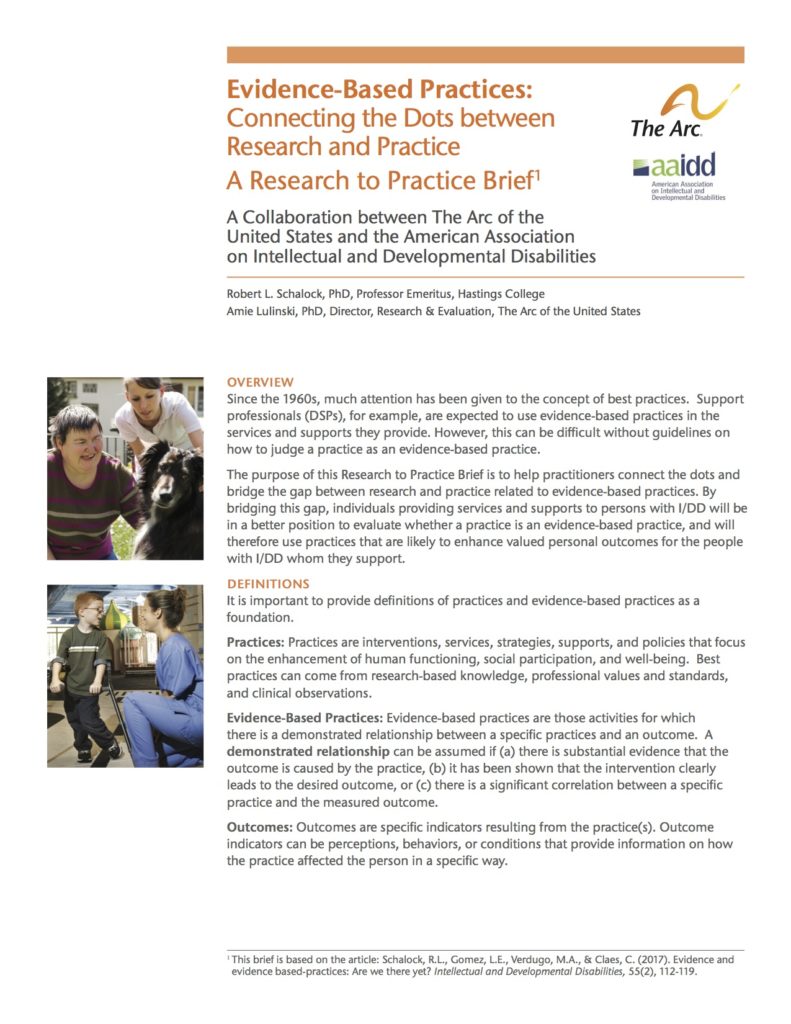
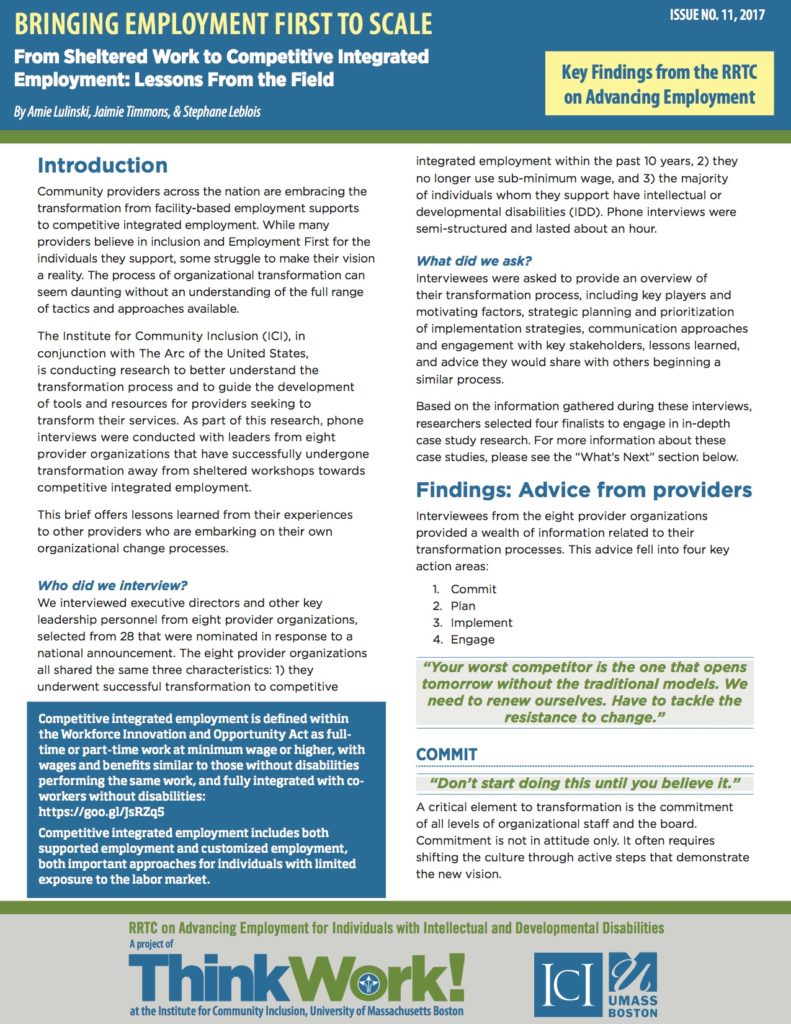
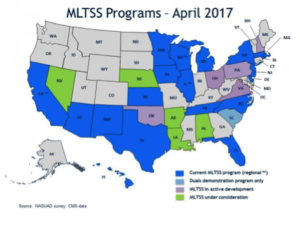
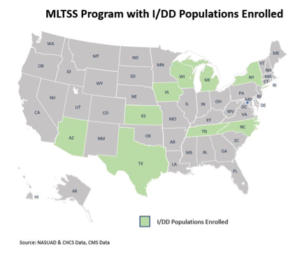
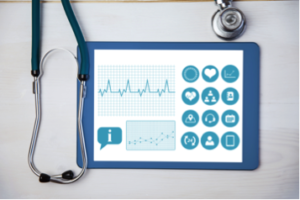
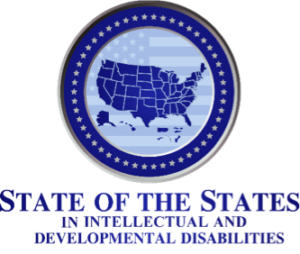 As part of its inaugural Research to Practice series,
As part of its inaugural Research to Practice series, 





